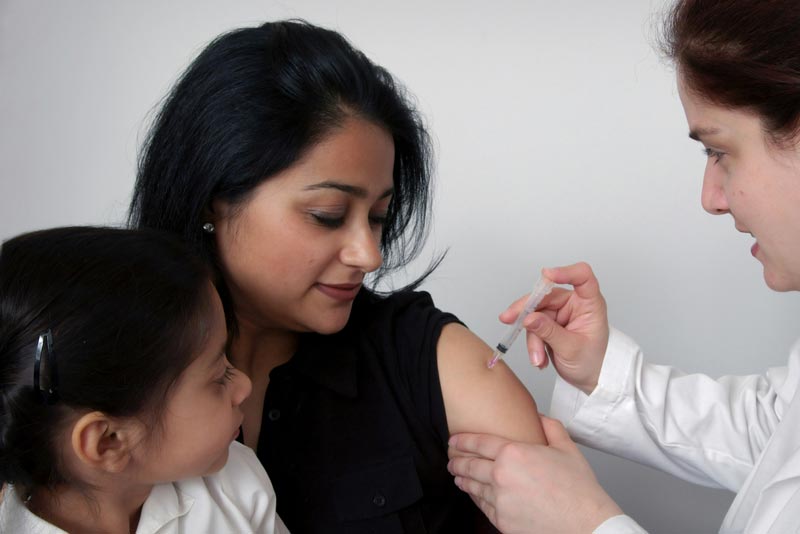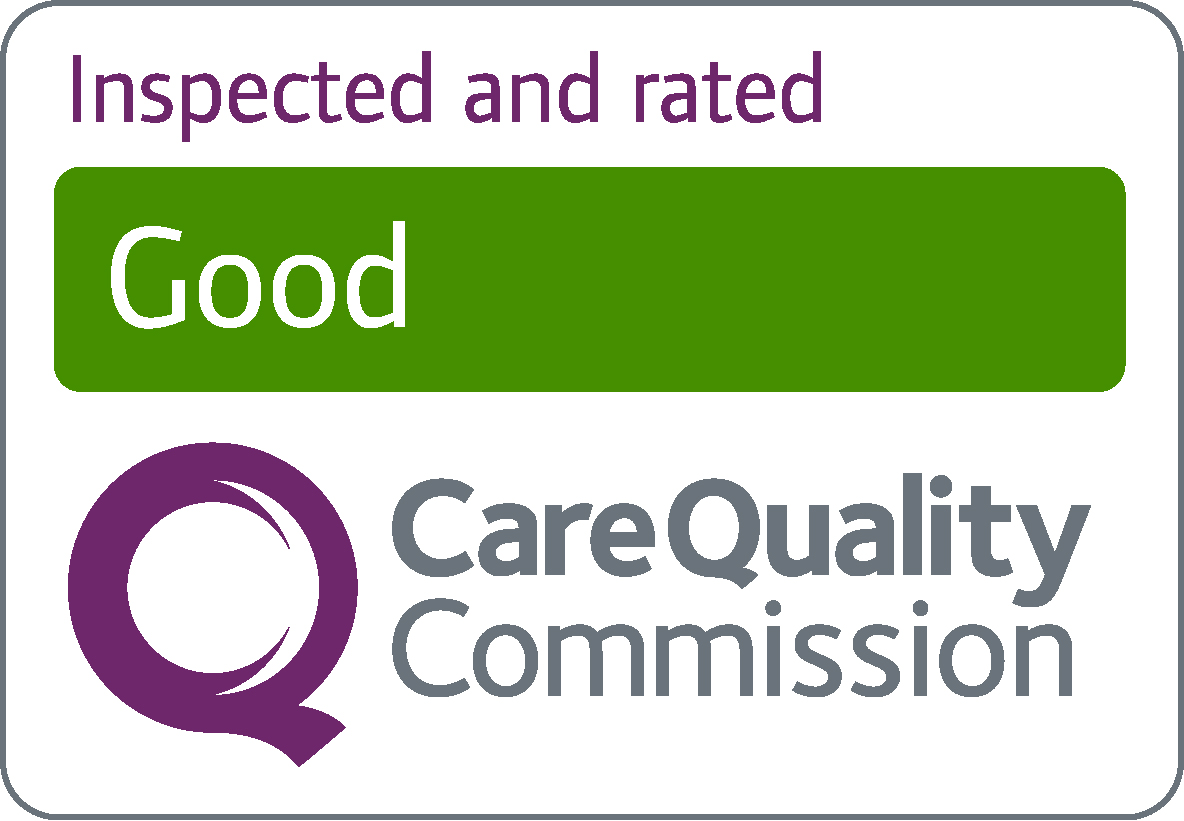NHS urges community to get vaccinated ahead of Diwali celebrations
Date of release: 16 October 2024
As Diwali approaches, NHS leaders in the Black Country are encouraging local people to protect themselves and their loved ones by getting vaccinated against flu and COVID-19.

Diwali, also known as the Festival of Lights, is an important five-day celebration observed by millions of people worldwide, with this year’s festivities taking place from Wednesday 30 October to Saturday 2 November 2024.
With winter illnesses like flu and COVID-19 circulating, vaccination remains the most effective way to prevent serious illness, especially for those with long-term health conditions. By getting vaccinated, individuals can help protect not only themselves but also vulnerable members of their community.
It’s important to note that vaccines take up to two weeks to offer full protection. Therefore, getting vaccinated soon will help reduce the risk of illness during the Diwali period, allowing families to celebrate with peace of mind.
Similar to last year, those eligible for the COVID-19 and flu vaccines include:- all adults aged 65 years and over
- residents of care homes for older adults
- people aged 6 months to 64 years with underlying health conditions
- frontline health and social care workers
- pregnant women.
Dr Ananta Dave, Chief Medical Officer for NHS Black Country Integrated Care Board (ICB), said: “Diwali is an exciting time for friends and family to come together and celebrate, including my own. However, it also coincides with the rise of flu and COVID-19 cases as we head into winter.
“By getting vaccinated before the festivities, you can protect not only your own health but also the health of your loved ones. I strongly encourage members of the Hindu, Jain, and Sikh communities to prioritise their health and get vaccinated to stay 'winter strong.'
“I urge eligible adults to receive their flu and COVID-19 vaccinations, and to make sure children are also protected. Vaccines are safe, effective, and play a key role in preventing serious illness, particularly for those with long-term health conditions.
“Each winter, thousands of children and adults require hospital treatment for illnesses that can be prevented with vaccination. Let’s take this simple step to protect ourselves and our families. Wishing everyone celebrating a happy, healthy, and safe Diwali!"
The NHS has created a video reminding people of the importance of getting protected ahead of Diwali which you can watch on YouTube
Eligible people can book an appointment via the NHS website, on the NHS App or by calling 119.
Community pop-up clinics are also being hosted at a range of locations in the Black Country, with flu and COVID-19 vaccines available for eligible adults on a walk-in basis, with no appointment necessary. To find your nearest pop-up clinic, visit the NHS Black Country ICB website
The flu vaccine is also available to children aged 2 to 3 years, school-aged children (Reception to Year 11) and children with certain long-term health conditions. You can find more information about children’s flu vaccines on the NHS website
ENDS
Those eligible for a flu vaccine, include:- those aged 65 years and over
- those aged 18 years to under 65 years in clinical risk groups (as defined by the Green Book)
- those in long-stay residential care homes
- carers in receipt of carer’s allowance, or those who are the main carer of an elderly or disabled person
- close contacts of immunocompromised individuals
- frontline workers in a social care setting without an employer led occupational health scheme including those working for a registered residential care or nursing home, registered domiciliary care providers, voluntary managed hospice providers and those that are employed by Those who receive direct payments (personal budgets) or Personal Health budgets, such as Personal Assistants
- pregnant women
- all children aged 2 or 3 years on 31 August 2024
- primary school aged children (from Reception to Year 6)
- secondary school aged children (from Year 7 to Year 11)
- all children in clinical risk groups aged from 6 months to less than 18 years.
- residents in a care home for older adults
- all adults aged 65 years and over

